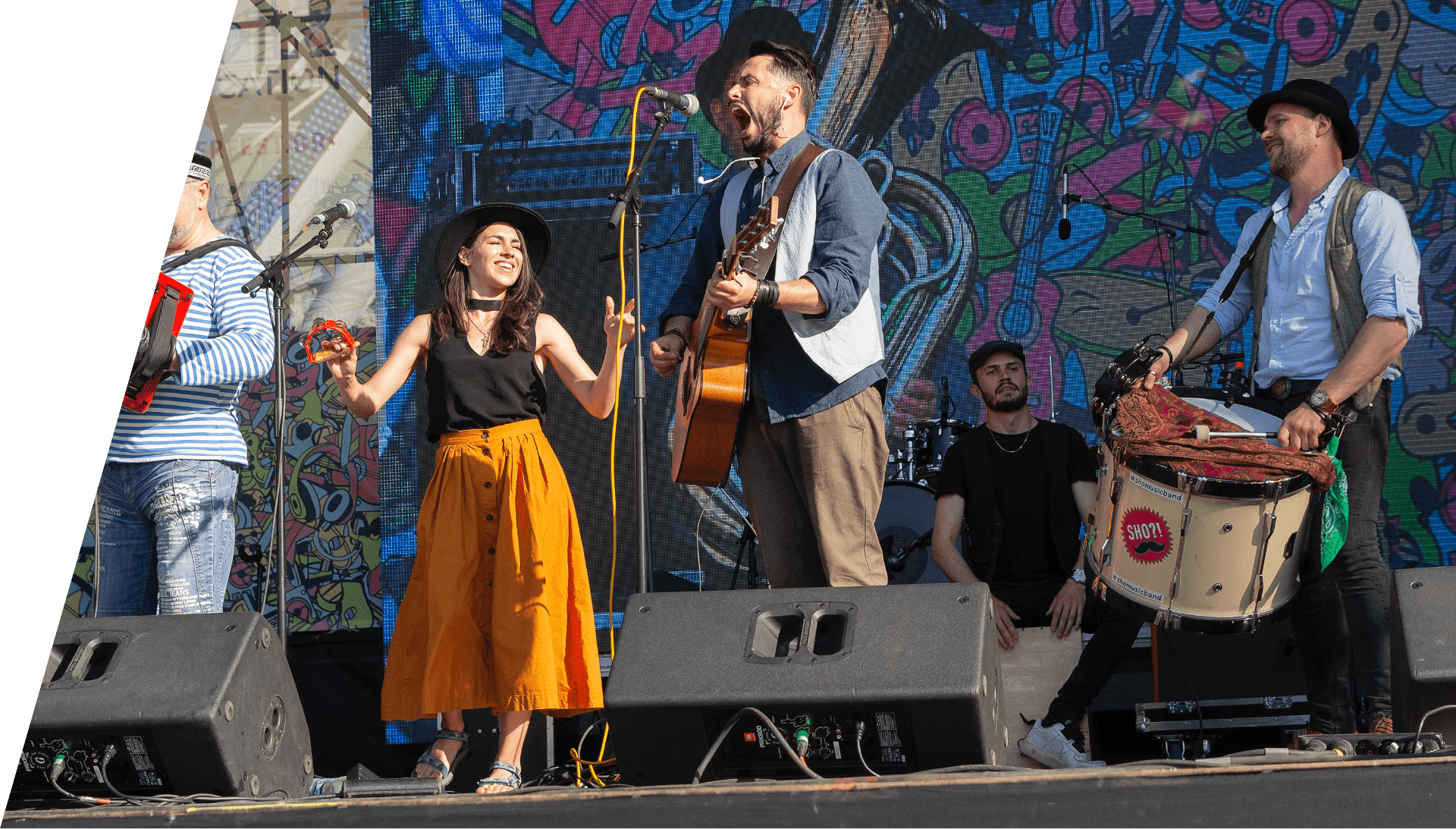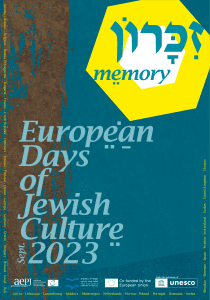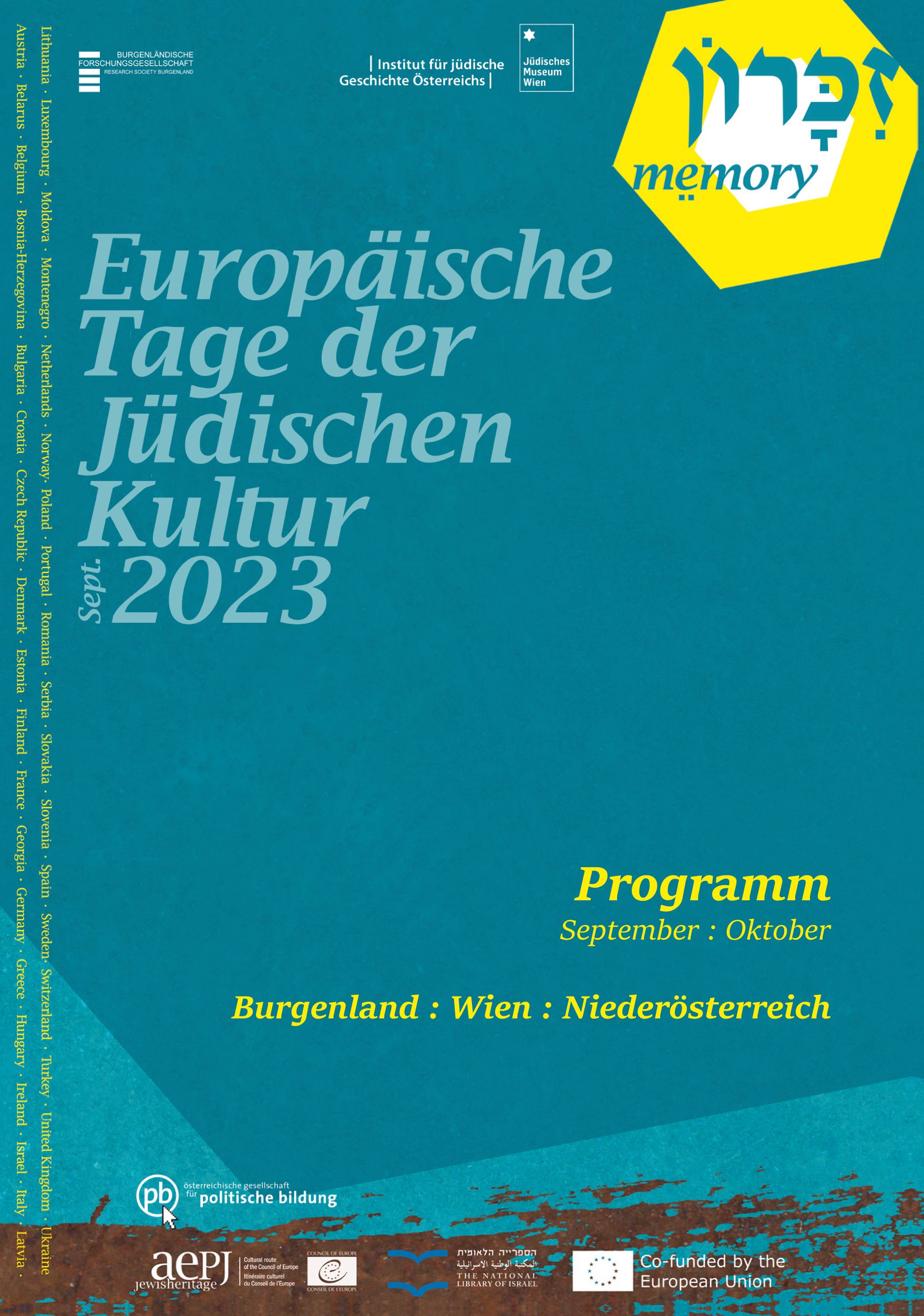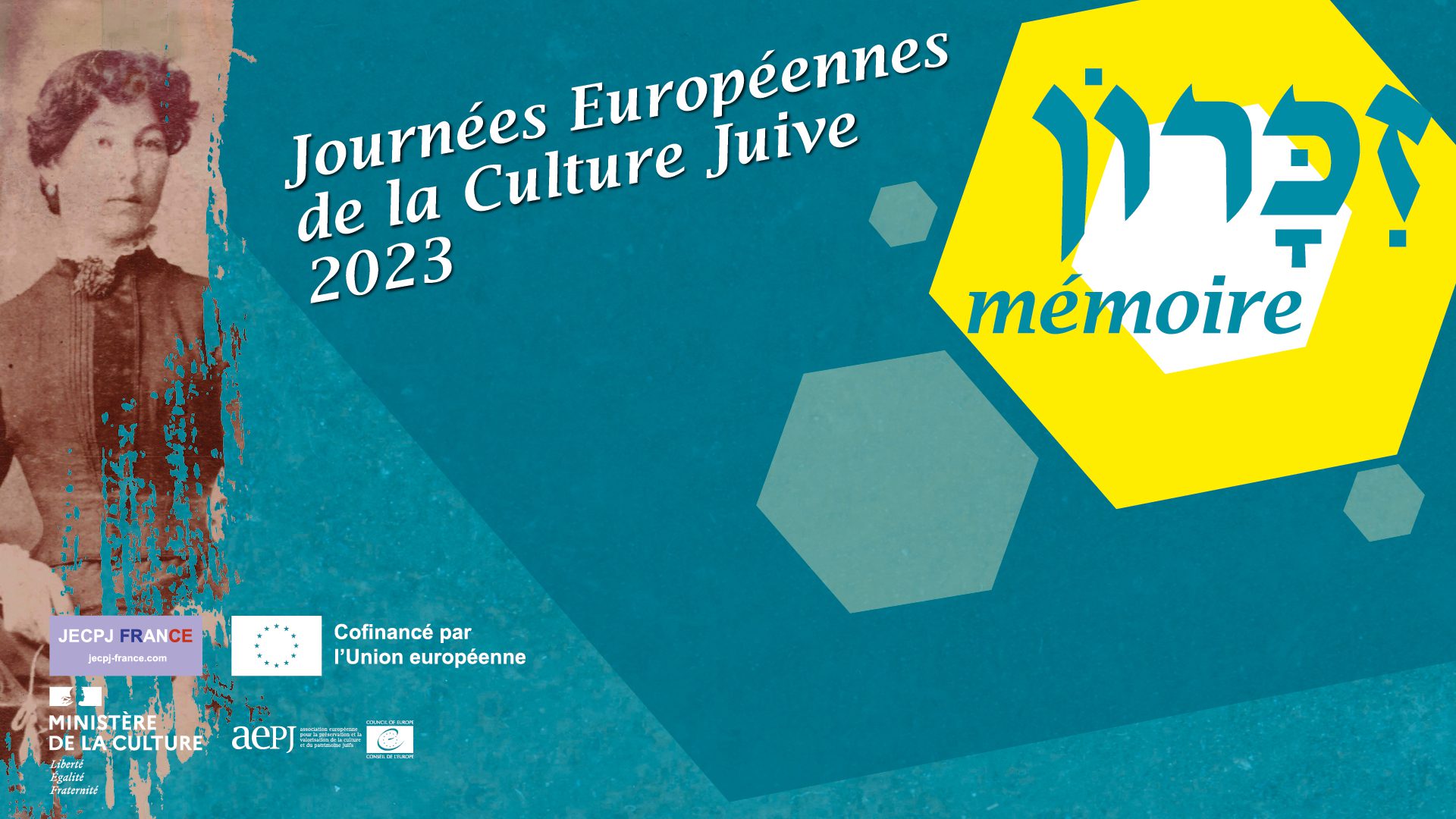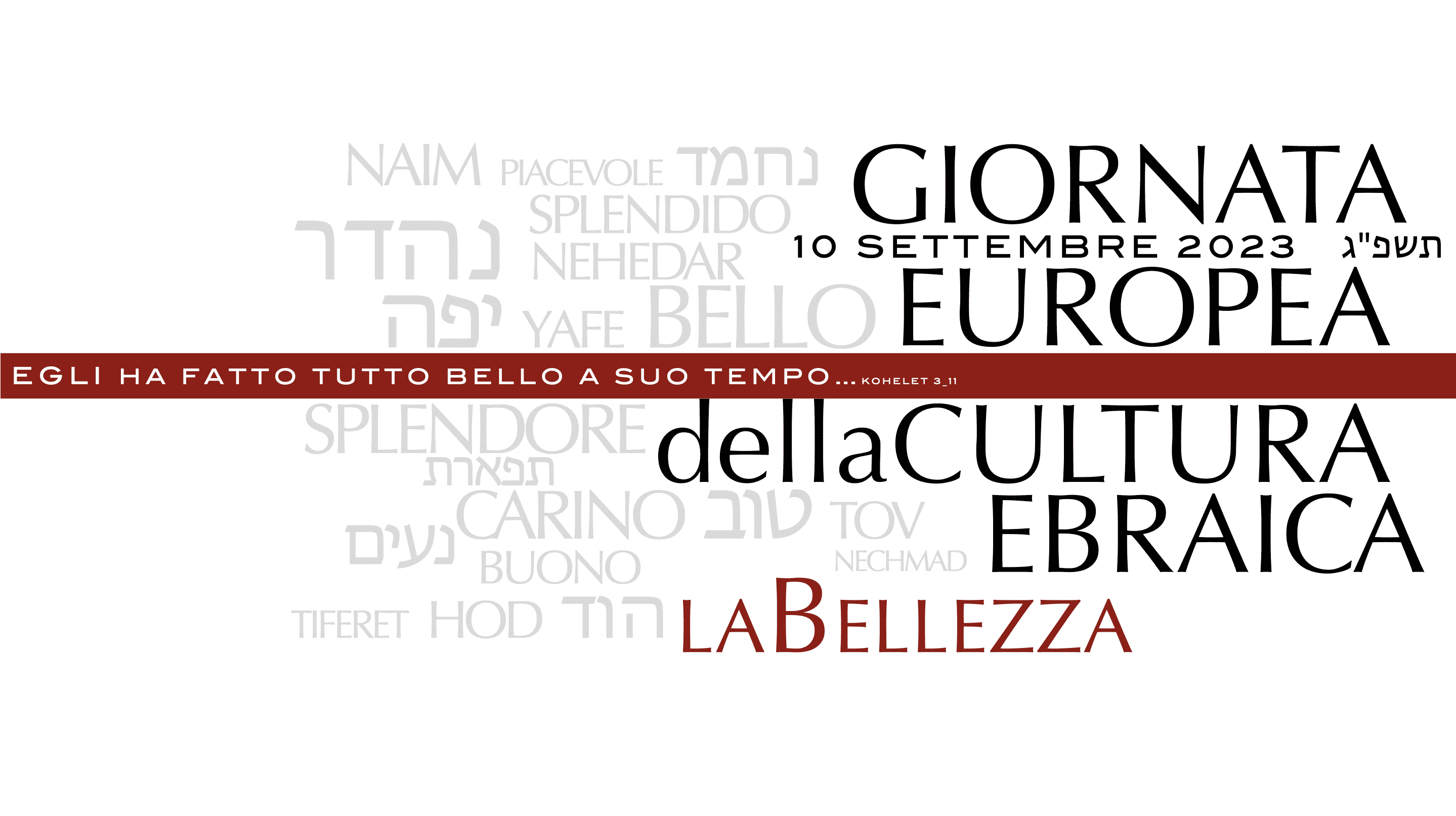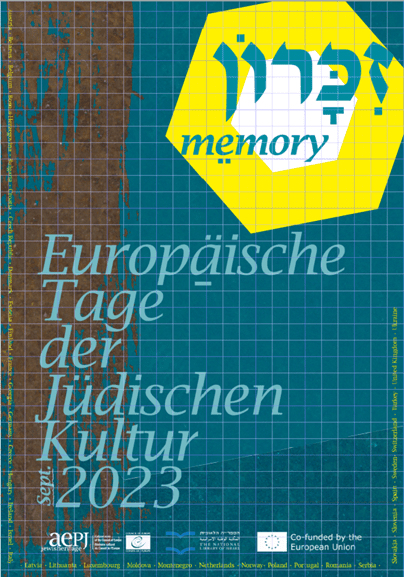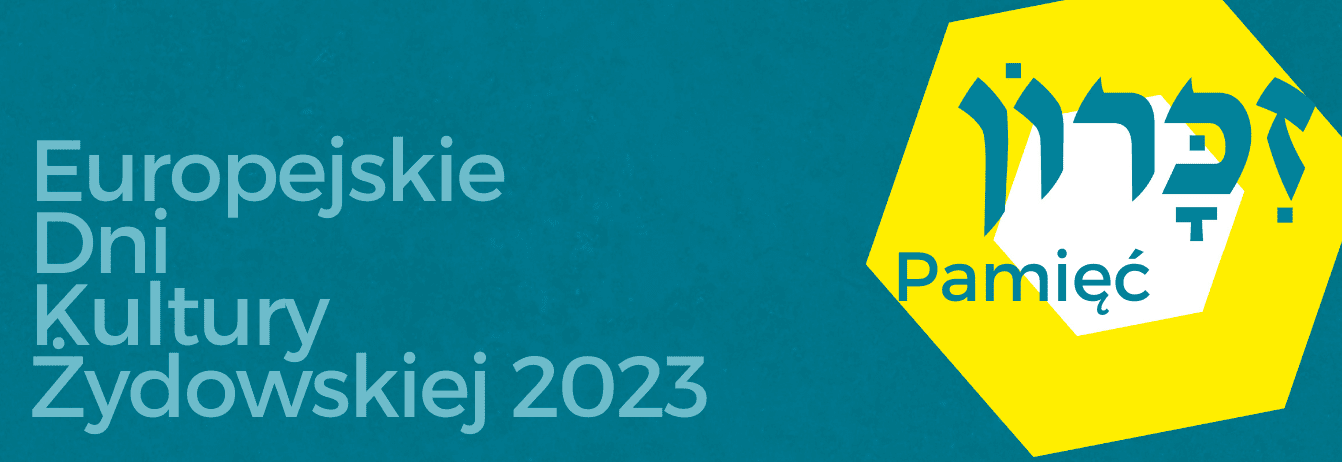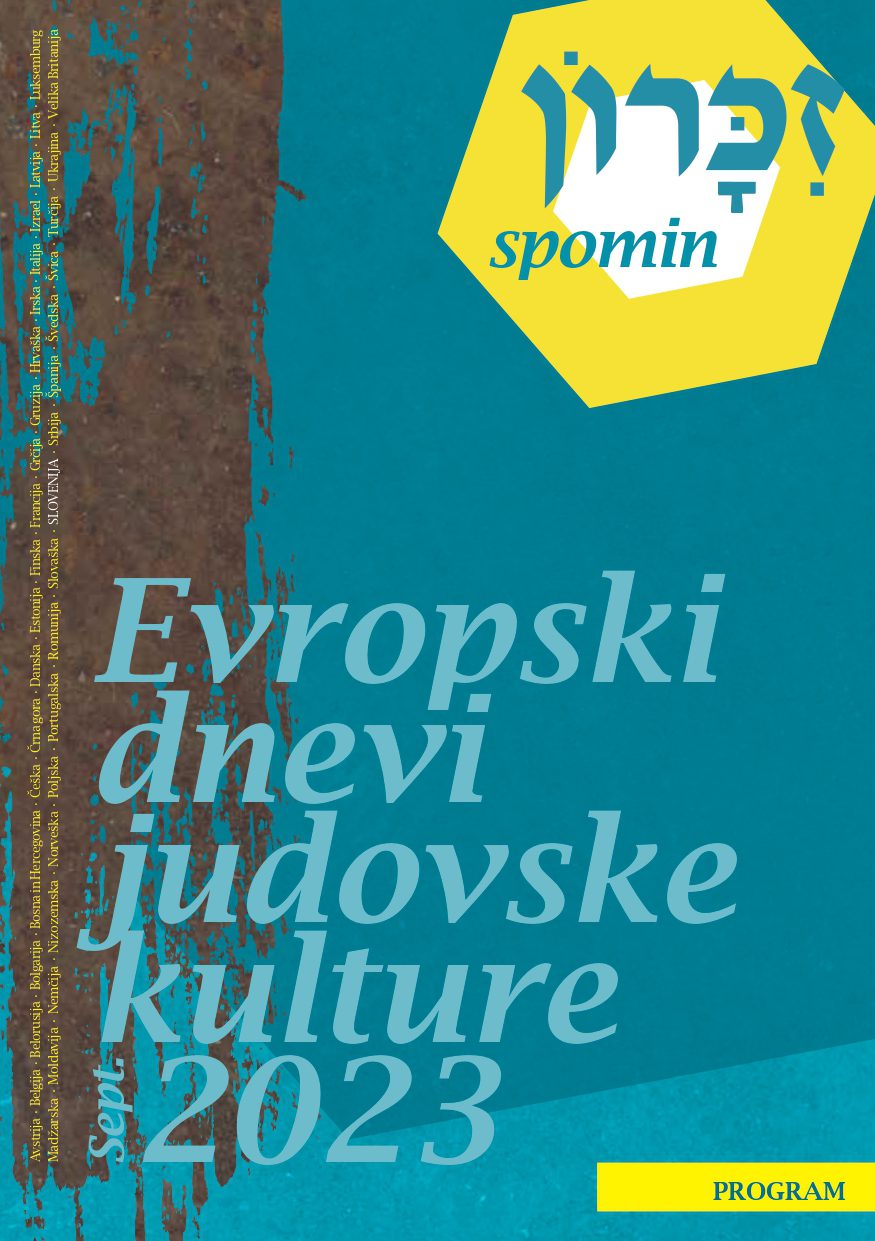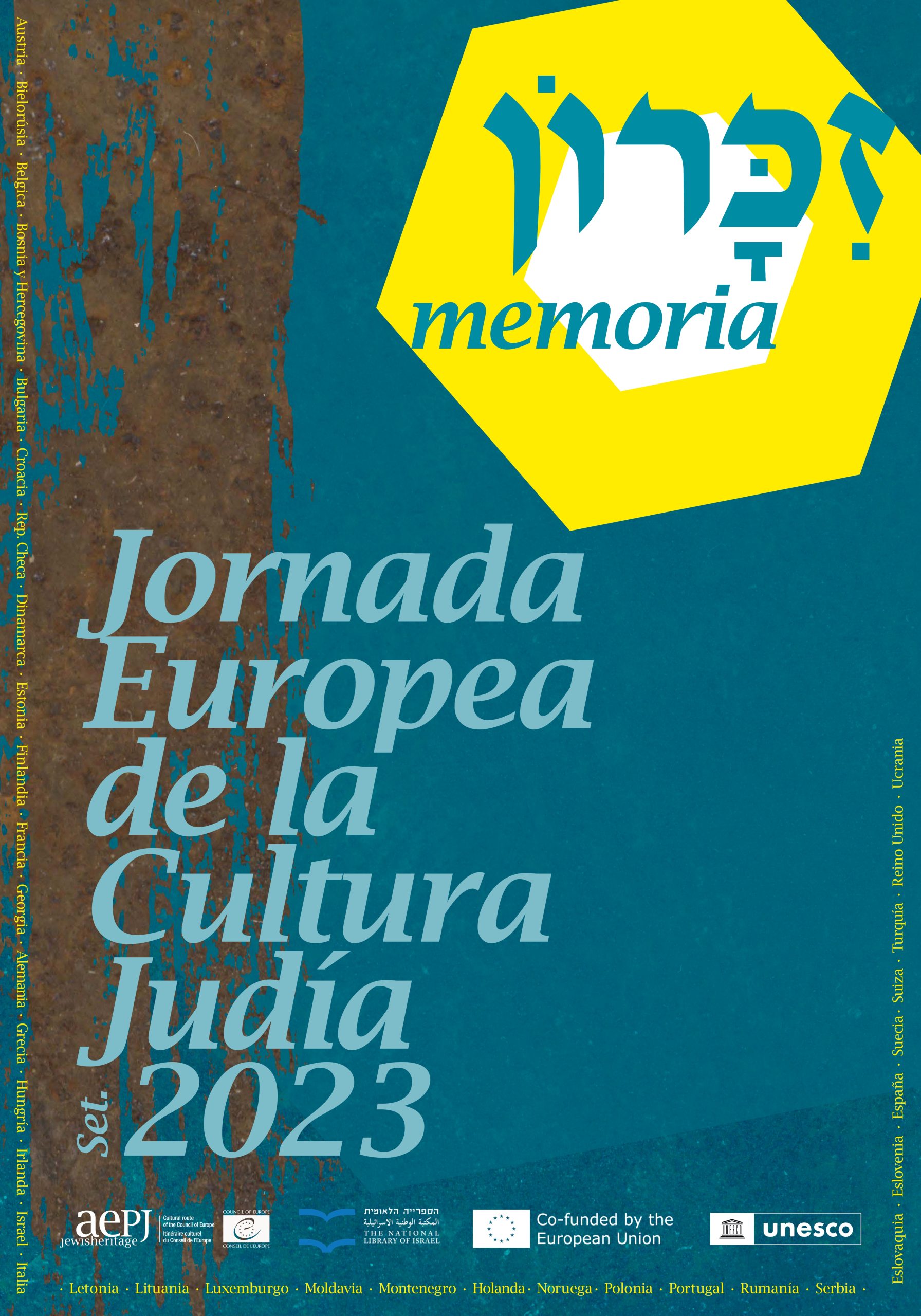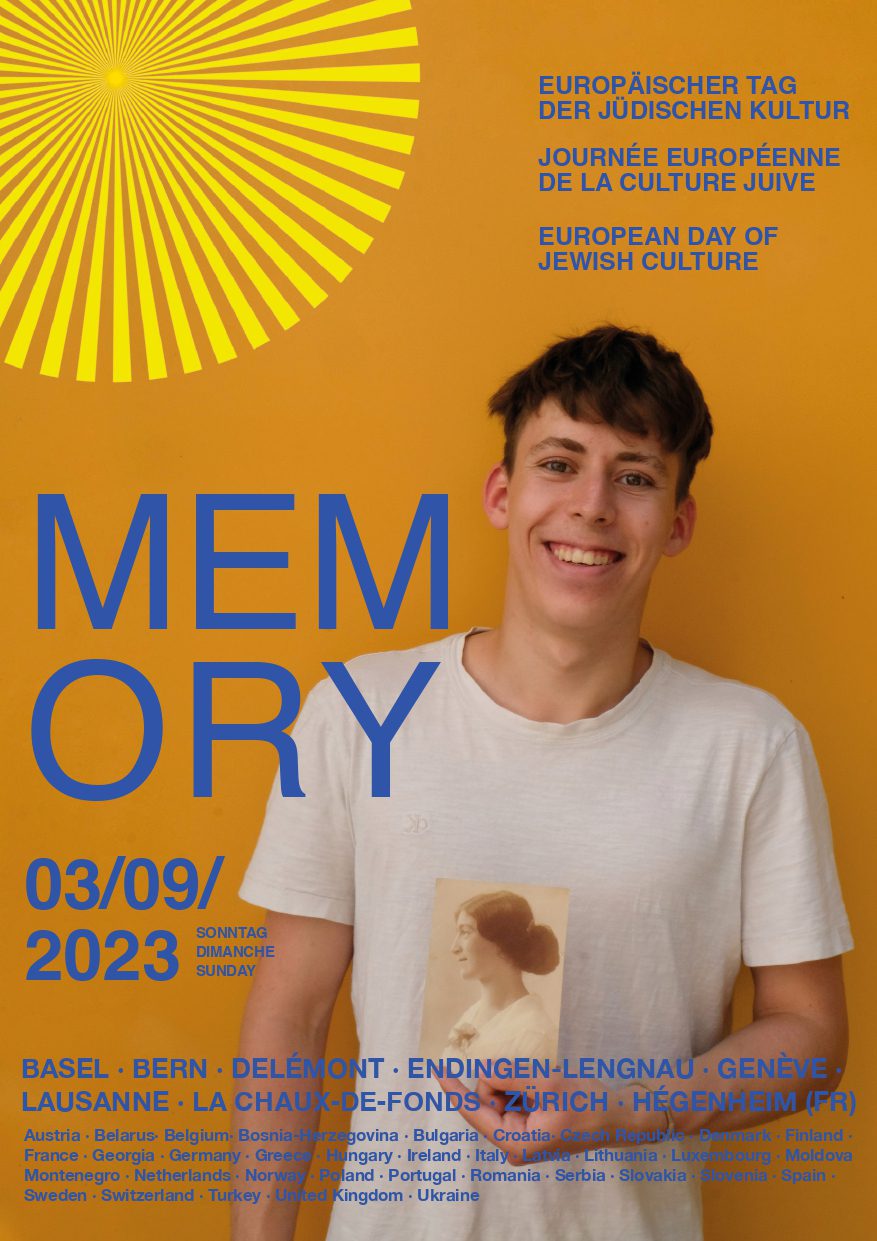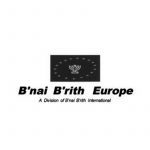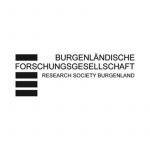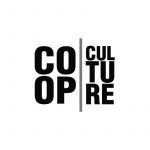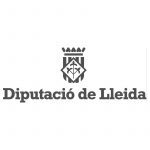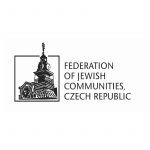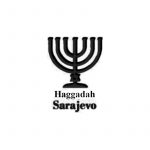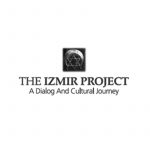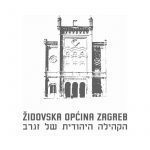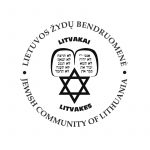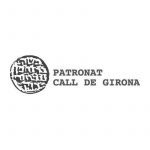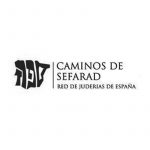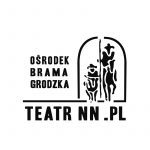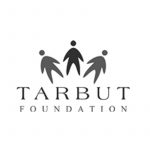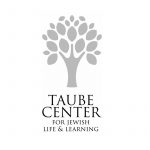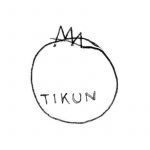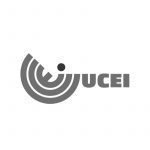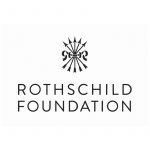The European Days of Jewish Culture 2023: Memory
EDJC 2023 news
As the activities of the European Days of Jewish Culture 2023 unfold, we are discovering the successes and achievements of the coordinators behind them. Find out some news about this year’s festival below:
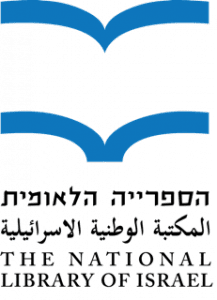
The European Days of Jewish Culture festival has been extensively reinforced by the collaboration with the National Library of Israel, which has acted as a means to develop all kinds of exhibition and educational materials, which have given an important added value to the festival while facilitating its celebration throughout the continent.
ABOUT THE EXHIBITION
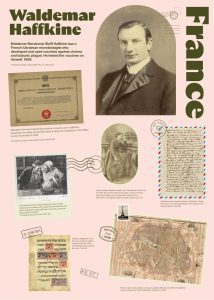 Memory has several dimensions. It comprises both internal, personal recollections of what we have witnessed ourselves and collective, external commemoration of what no longer exists. Memory is timeless to an extent, surviving as it does over generations, preserved in writing long past the lives of those in whose minds it was first held. And yet it is also firmly rooted in time, described and defined by the moment in which it was created. Compare a communal register (pinkas) to a piece of ephemera like a flyer or wedding invitation: one is created as a lasting memory tool, the other as a fleeting testimony to a single moment, but both are inherently related to their original creators and the times in which they lived.
Memory has several dimensions. It comprises both internal, personal recollections of what we have witnessed ourselves and collective, external commemoration of what no longer exists. Memory is timeless to an extent, surviving as it does over generations, preserved in writing long past the lives of those in whose minds it was first held. And yet it is also firmly rooted in time, described and defined by the moment in which it was created. Compare a communal register (pinkas) to a piece of ephemera like a flyer or wedding invitation: one is created as a lasting memory tool, the other as a fleeting testimony to a single moment, but both are inherently related to their original creators and the times in which they lived.
Libraries are repositories of memory—in commemorative, archival materials, books, and records of countless lives, knowledge, and thoughts. The National Library of Israel, with its archival collections and over five million books, defines itself as a central institution of national memory.
This exhibition is designed around archival materials, memoir and press excerpts, historical photos, communal registers, postcards, and other memories of European communities, each poster presenting a window into the story of a community through the points of connection offered by documentary heritage. We suggest that you view it as a series of postcards sent to you from the past. Consider: which documents preserve your own memory? What would you add to a poster about your community? For additional digital materials and a deeper look at the stories hinted here, visit the online exhibition.

We are thrilled to announce that this year’s European Days of Jewish Culture 2023 is happening under the prestigious patronage of UNESCO. This collaboration marks a significant milestone for our event and emphasizes the shared commitment to celebrating and preserving Jewish heritage and culture.
Organizers and coordinators of EDJC activities who wish to include the UNESCO logo in their communication can find here all the information on how to do it:
Memory
Memory is the faculty of preservation par excellence.
The act that best defines memory is remembrance.
Henri Bergson (Lesson I)
Collective or individual, through history or narrative, Memory is the crucible in which Judaism was forged. It is through memory that it is maintained and transmitted.
The root ZHR, “remembrance” and “memory” in Hebrew, also means the “masculine”, the fertilising principle of life.
The injunctive form Z’HoR, which dominates the biblical text, gives the term the value of an existential and moral commandment. The Fourth, but also the First Commandment (Ex.20:8-11 and 2), refer explicitly to the founding and structuring aspects of memory in Judaism. Neuroscience, philosophy and psychology have now confirmed these organising and liberating values of memory.
Every Sabbath, in prayer, the Jewish home evokes the two memorial Commandments, which order time according to existential values. The Remembrance of Creation and the Sinaitic Covenant are added to this through the real and symbolic presence of each consciousness at the Giving of the Law, which implies collective responsibility before the law, as well as the capacity to give meaning to existence, but not without learning to question it.
Through transmission, inscribed in affectivity, Jewish rituals and festivals consolidate these links between memory, Law, both individual and collective responsibilities as well as the questioning of meaning.
Its exemplary character and terrible tragedies have made Jewish history and its memories an inescapable universal heritage, a kind of world consciousness that must be shared. The innumerable scientific or artistic productions that bear witness to this can provide various avenues for the development of the major theme of the EDJC 2023.
Text by Désirée Mayer, President JECJ-Lorraine, Honorary President JECPJ-France, Member of the Académie Nationale de Metz
Read more about Memory here.
The fundamental objective of this European-wide event, which has been organised since 1999, is to highlight the diversity and richness of Judaism and its local, regional and national historical importance, with the firm intention of promoting dialogue, recognition and exchange through conferences, concerts, performances, guided tours and other activities, which take place simultaneously throughout the continent.
The European Days of Jewish Culture festival is held every year around a central theme that serves as inspiration for all the activities that take place in a decentralised, pluralistic and open way from the first Sunday in September. The AEPJ has coordinated this event at European level since its beginnings, giving cohesion, visibility and relevance to the activities organised. In addition, the AEPJ offers training, resources and support to any organisation, institution or individual who wishes to organise an activity that allows Jewish culture to be shared with the whole of society.

This year’s European Days of Jewish Culture will take place under the umbrella and with funding from the European Union through its Citizens, Equality, Rights and Values Programme (CERV), enhancing and expanding the range and quality of activities organised across Europe.

This project has been extensively reinforced by the collaboration with the National Library of Israel, which has acted as a means to develop all kinds of exhibition and educational materials, which have given an important added value to the festival while facilitating its celebration throughout the continent.
EDJC 2023 National Websites
Some countries are coordinating the EDJC 2023 activities on a joint basis through their own website. Links to the National Websites can be found below:
Browse our activities
Are you an organiser or do you want to organise an activity for the EDJC 2023?
Please follow our application process in order to organise a European Days of Jewish Culture 2023 activity and be featured in the official programme.
